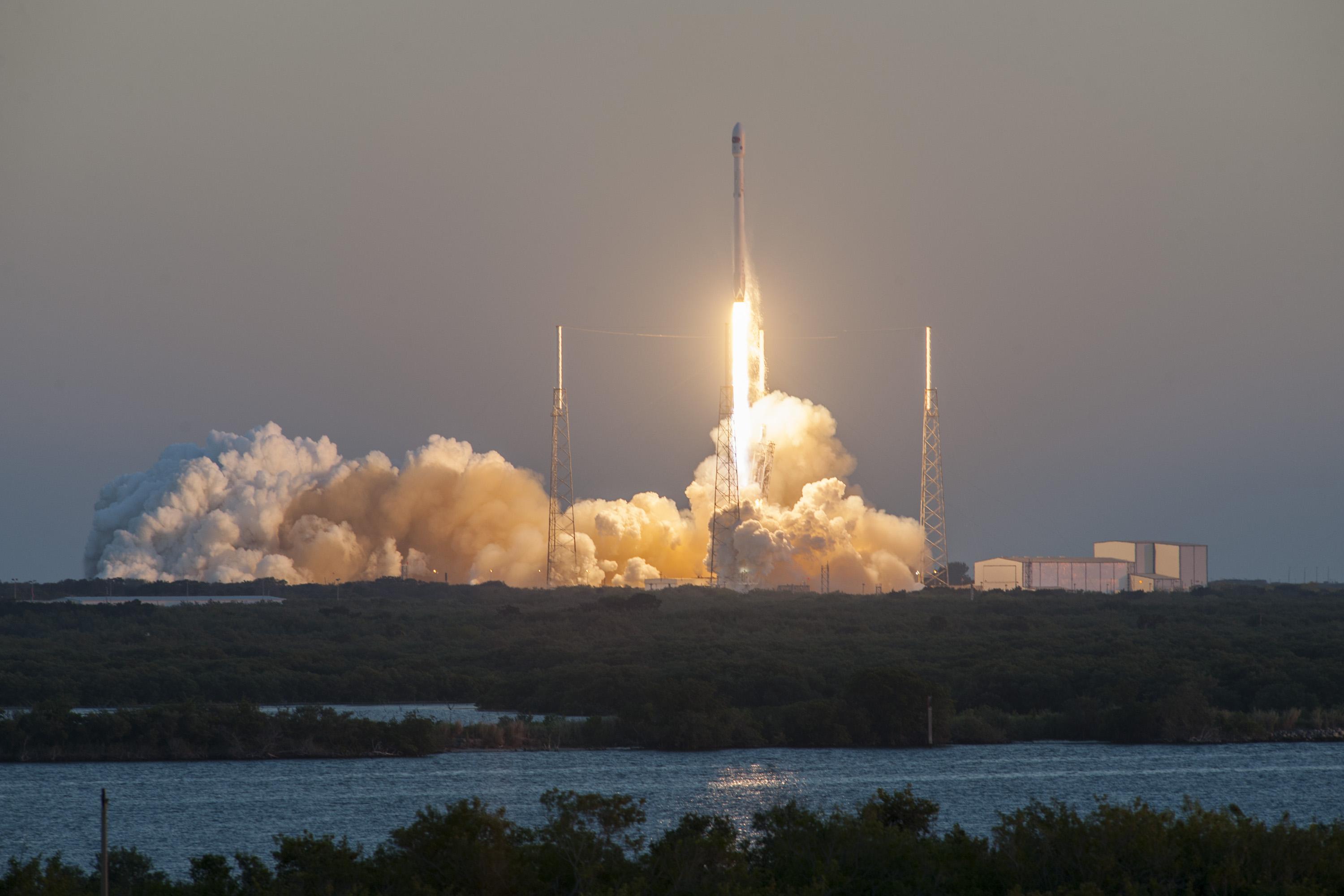There is a new kid in town with plans to shake up the satellite industry, but so far the company in question – Relativity – has kept tight-lipped about how this will be achieved.
This stealth-mode startup company’s website is giving nothing away but speaking last week at a hearing on promoting partnerships between commercial space in Washington, DC, Tim Ellis Relativity’s CEO said that the company had begun testing its new liquid oxygen/liquid methane rocket engine at NASA’s Stennis Space Center.
“We are hard at work developing a series of novel, never-seen-before technologies for creating our own orbital launch service and changing the way things get to space. Altogether, we made significant progress in the last ten months and achieved dramatic results that we will begin sharing publicly once out of stealth,” said Ellis.
Relativity is an entirely privately funded company and is the brainchild of Ellis along with Jordan Noone. The duo founded the company in 2015, after meeting seven years ago while working together for Blue Origin and SpaceX as propulsion development engineers.
The company, according to Ellis, have raised “an eight-figure funding round” led by Silicon Valley venture firm Social Capital. Other investors such as Phillip Spector (formerly of Intelsat), the University of Southern California, Stanford University and Y Combinator Continuity also participated. Y Combinator is a Silicon Valley-based startup accelerator whose notable alumni include Airbnb, Stripe and Dropbox amongst others.
Ellis states that one of the aims of Relativity is to significantly reduce the cost of launches, while providing high frequency and scalable services from the U.S, to compete with other nations such as India, China, Russia and Europe who are racing to address current market needs.
“Altogether, we made significant progress in the last ten months and achieved dramatic results that we will begin sharing publicly once out of stealth,” said Ellis in the statement. “Relativity was founded on the belief that people crave a fantastic future, a future that pushes the boundaries of what we dream to be possible and then brings those dreams to life.”











